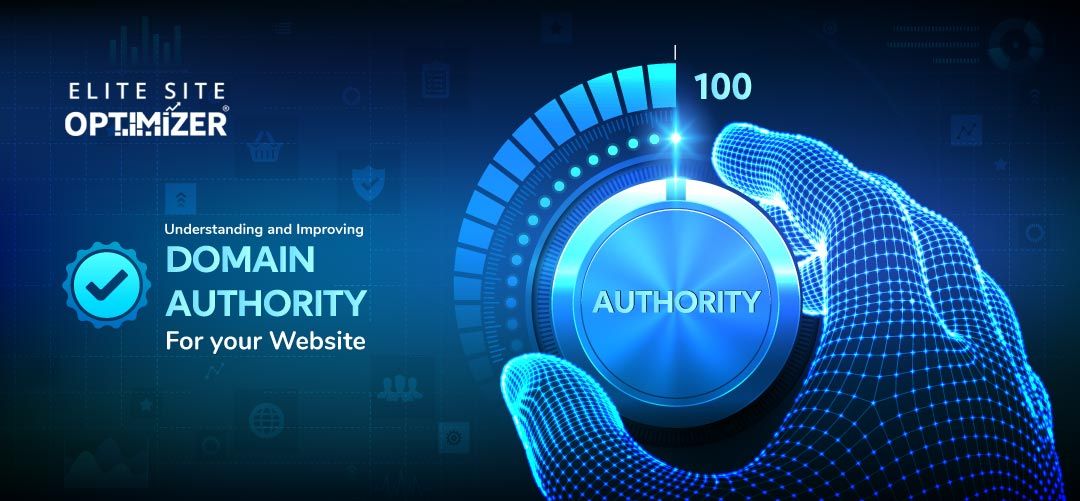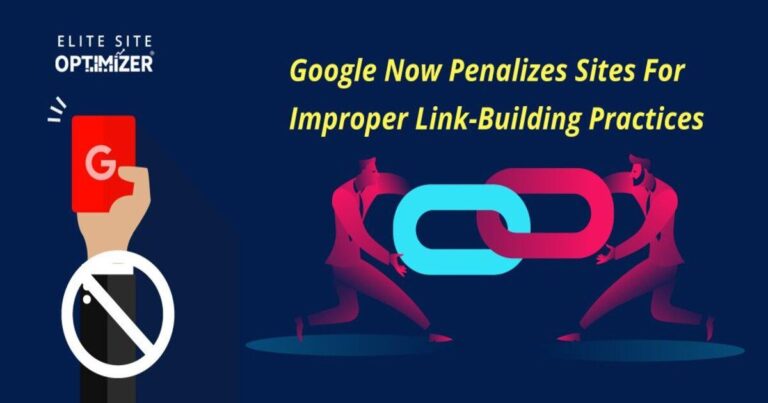Understanding your website’s domain authority provides a powerful tool to measure the ability of your site’s pages to appear in Google search results. Whether it’s called domain authority, site authority, domain ranking, or other names depends on the analytics tool used to produce it, but regardless, it serves as an indicator of the trustworthiness and quality of your domain. Improving it can serve as a proxy for improving Google ranking and plays a valuable role in SEO strategy.
What is Domain Authority?
Domain Authority is a metric created by the SEO firm MOZ to rate the likelihood of a domain to rank highly in search engine results pages from 1 to 100 and can be found using Moz’s SEO tools. Other companies use the term Site Authority or Domain Rank for the same concept. Search engine results are based heavily on the authority of the domain, which in turn is influenced by the quality of other domains that link to it, signalling that others identify it as high-quality. Domain authority, therefore, provides a clear way to gauge how trusted and authoritative a site is. This type of metric analyzes a variety of factors to measure the quality of backlinks and the sites that link to yours.
How does the Domain Authority relate to Google Search?
As established, domain authority is a concept created by SEO companies with no direct link to search engines. Google’s PageRank algorithm is constantly evolving and its exact factors and priorities are not publicized to prevent sites from manipulating their page rankings, so it can’t be measured directly. Google has confirmed that it does not use domain authority in its ranking, but since many of the same factors are measured to create a domain authority score, domain authority gives website owners an idea of how their domains are ranking overall.
The domain’s authority is especially important for newly-created web pages to get a foothold in search results, lending weight to its reliability when search engines lack data on bounce rate, clickthrough rate, and other indicators of the page’s relevance to searchers. With organic search reaching 53% of web traffic in 2020, increasing search rank is vital.
How to Use Domain Authority
Domain Authority is a useful measure of how good the backlinks from referring domains are. Those domains, in turn, are measured in the same way, ultimately establishing which sites are the most trusted by other sites, and which ones are not. As a logarithmic scale, it’s easier to grow when low and harder when higher, so getting your score from 30 to 40 is easier than getting from 70 to 80.
Scores are most valuable in comparing the domain authority scores of two domains to learn the likelihood that one domain will outrank another. A business can compare their score to their competitors to see if, assuming all other factors are equal, their site is more or less authoritative within their field.
Another use is for link analysis as part of a link building strategy. Once you get a backlink profile of all the domains that link to your web pages, checking the domain’s authority is a quick way to judge if they are high-quality or not. Too many low-scoring domains could explain poor search engine rankings. Moz’s 2019 revamp of Domain Authority caused spam and link network domains to score much lower, helping you identify which backlinks need to be disavowed in extreme cases.
In turn, having a high domain authority will signal to other sites that your links are valuable, encouraging other high-authority sites to work with you to maintain links to one another and lower-authority sites to use you as a reference.
Read also:- Google Now Penalizes Sites For Improper Link-Building Practices
Improving Domain Authority
As Moz and other sites tracking site authority scores try to keep up with Google, they are taking similar steps to value truly trustworthy domains rather than ‘link spam’ meant to a fake engagement. Link building by encouraging other high-quality sites to place links to your content, especially many different unique domains, is the clearest course to raising domain authority. Creating and sharing content relevant to the interests of high-authority domains is a good way to raise your own.
Having high-quality content that produces strong traffic numbers from links is most valuable. It demonstrates to the algorithms of both SEO tools and search engines that the linked content is not just present on high-authority sites, but is actively visited by their users. Since the score attempts to use similar factors to search engine algorithms, other overall SEO strategies can be effective as well.
Increasing domain authority is valuable as a guideline to improving your off-page SEO and comparing your domain to your competitors. Improving the trustworthiness of your domain can give you an edge in making your high-quality and relevant content stand out in search results.






